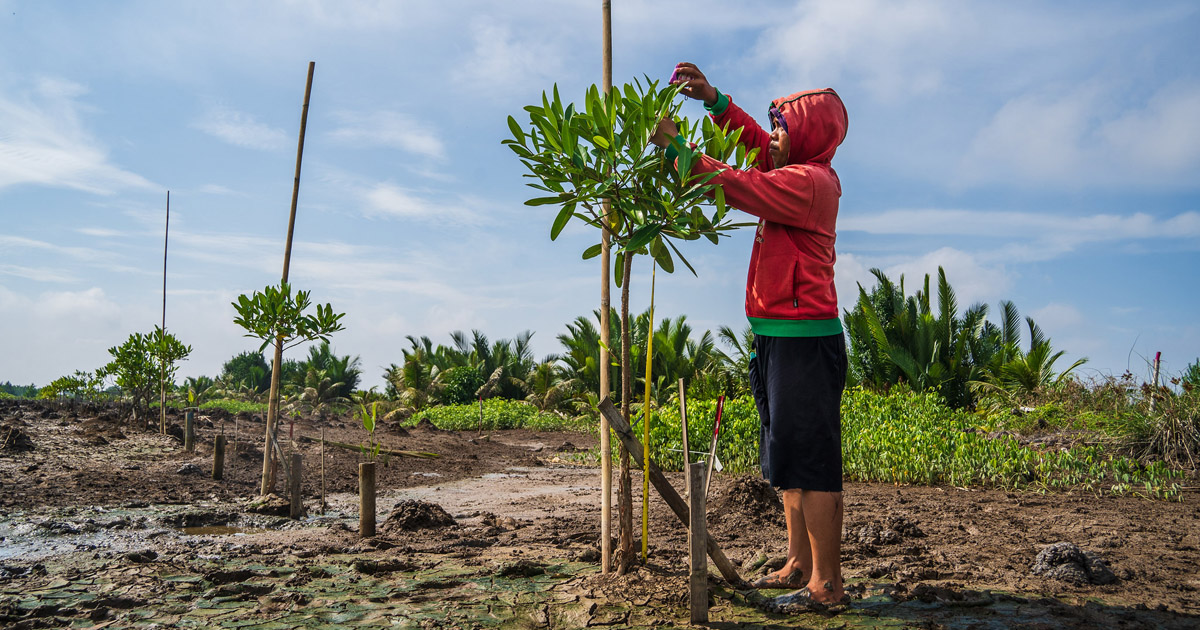Multi-stakeholder platforms (MSPs) are purposely organized interactive processes. They bring together a range of stakeholders to participate in dialogue, decision making and/or implementation, with the aim to address a common problem or achieve a common goal. Such platforms are thought to help reach participatory agreements with outcomes that are more equitable and effective than those reached through ‘business as usual’ approaches. However, they can also trivialize participation, limit opportunities for meaningful debate, fail to tackle power differences and lead to outcomes that reinforce inequity.
CIFOR-ICRAF researchers have been examining and engaging stakeholders to expand the transformative potential of MSPs in landscape governance since 2017 through literature reviews and a comparative study of platforms organized at the subnational level in Brazil, Ethiopia, Indonesia and Peru. Based on that work and engagement with several specific platforms, together with participants and organizers, researchers developed a toolkit of participatory, reflexive learning tools for MSPs.
Contact us
Agroecology: Fast facts
Source: Zhang Y et al. 2017. A conservation approach of Globally Important Agricultural Heritage Systems (GIAHS). Sustainability 9(2):295.
Tips to design meaningful, inclusive platforms for transformation
Publications
Tools
Sorry, there’s something wrong with the server
Sorry, there’s something wrong with the server
Sorry, there’s something wrong with the server




